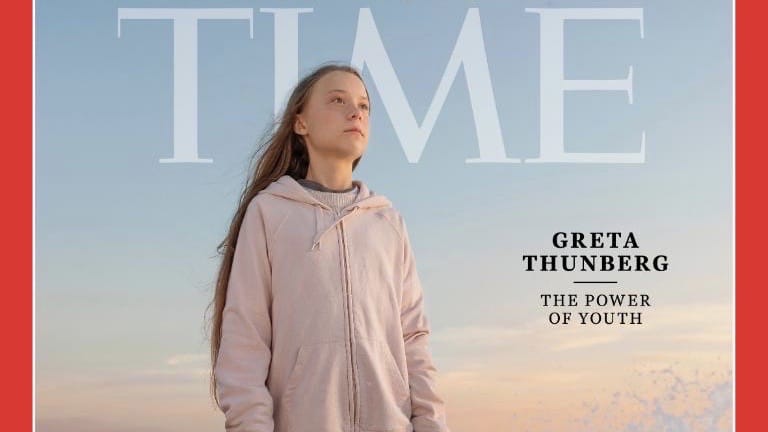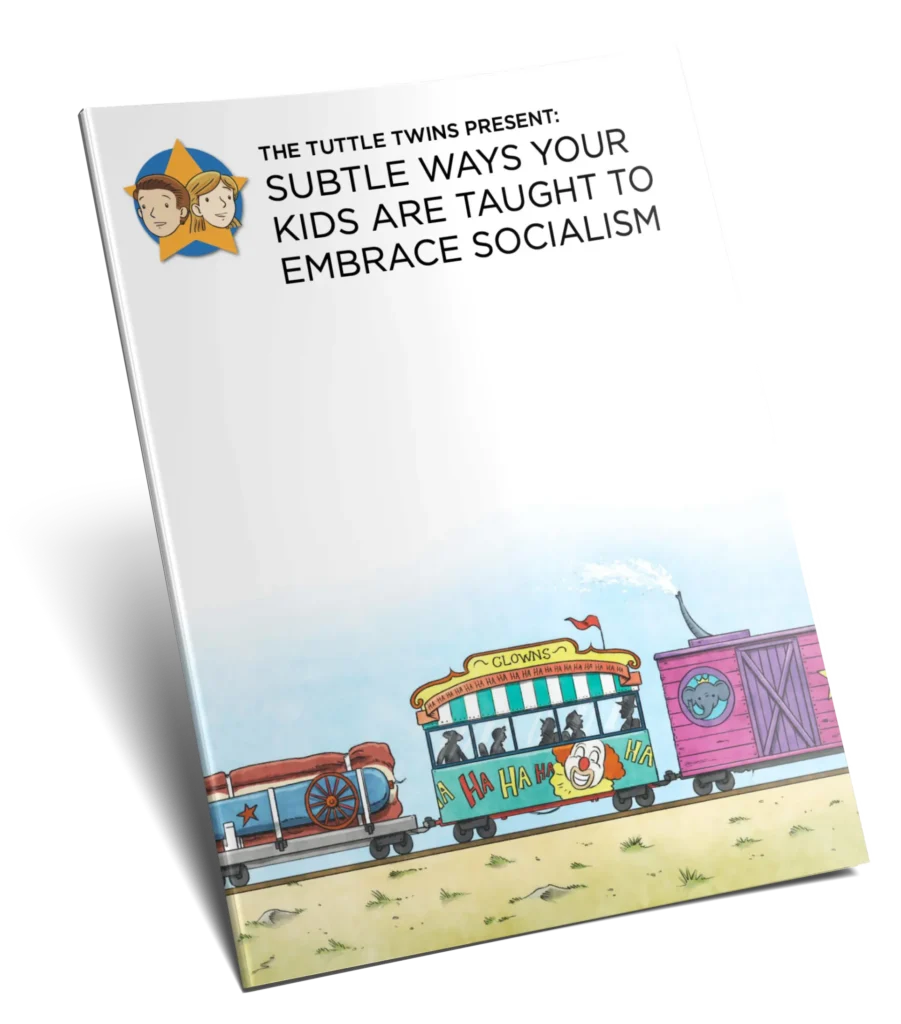
I wish I could say I was surprised yesterday when I woke up to the news that Time magazine had named teen “climate activist” Greta Thunberg their “Person of the Year.” After all, Time awarded the same “honor” to Adolf Hitler in 1938, and featured John Maynard Keynes (the father of Keynesian economics and practically all that is wrong with current economic policy) on their cover in 1965.
 I’m not saying young Greta is comparable to Hitler, of course. It’s just that Time has a history of making idols of people who really weren’t all that great. I recognize that Ms. Thunberg is just a kid, and that, like all children, she is heavily influenced by the adults in her life. I think that any criticism of Greta should really be leveled at her parents, and those who have ooched and scooched her into the international spotlight.
I’m not saying young Greta is comparable to Hitler, of course. It’s just that Time has a history of making idols of people who really weren’t all that great. I recognize that Ms. Thunberg is just a kid, and that, like all children, she is heavily influenced by the adults in her life. I think that any criticism of Greta should really be leveled at her parents, and those who have ooched and scooched her into the international spotlight.
Recognizing that there are vastly differing opinions and beliefs—even amongst Tuttle Twins readers—about climate change, I’m mostly interested in talking about a different kind of climate change: the climate of outrage and idol worship that has permeated our culture.
Greta Thunberg is a sixteen year old “environmental activist on climate change” according to her Wiki page. It also lists her “years active” as 2018-present. So basically Time magazine has decided that of all the people in the world, a child who appeared from nowhere about a year ago and gives speeches yelling “how dare you” to the world, and all adults in general, is the most influential, benevolent, knowledgeable, or praiseworthy person for the year.
I just saw a post on social media that I thought was pretty accurate. The gist was that it seems fitting for an outraged young person who hasn’t offered any solutions, hasn’t created anything, and hasn’t actually done anything but parrot what those in power have told her to say, would be recognized as the most influential person of 2019. That sounds about right to me. I mean, look at Antifa.
 A few years ago, at the age of eighteen, Dutch student Boyan Slat invented a method to use oceanic currents to clean plastic from the world’s oceans. He dropped out of the Aerospace Engineering program at the TU Delft (one of the top tech and engineering universities in the world) and founded the nonprofit The Ocean Cleanup. TOC is so far having success in their cleanup efforts—bringing about actual change in the healing and protection of our planet.
A few years ago, at the age of eighteen, Dutch student Boyan Slat invented a method to use oceanic currents to clean plastic from the world’s oceans. He dropped out of the Aerospace Engineering program at the TU Delft (one of the top tech and engineering universities in the world) and founded the nonprofit The Ocean Cleanup. TOC is so far having success in their cleanup efforts—bringing about actual change in the healing and protection of our planet.
Why wasn’t Slat ever awarded Time’s distinguished honor? The sad answer, I believe, is that a lot of people (especially in media) are more interested in theatrics and outrage than they are in actual progress and solutions. Many would rather see a Swedish girl yelling from the pulpit at the United Nations and throwing Twitter shade at world leaders than a young man who has quietly—and successfully—devoted his time and talents to finding solutions to the world’s problems.
It’s good and right for young people to care about the world around them. It’s especially good and right for them to feel compelled to take action and be workers of change. Our entire Tuttle Twins series focuses on teaching kids that they are responsible for not just themselves, but the world around them as well—and that they can do big and difficult things.
Unfortunately, the loudest voices kids hear in entertainment and media, and even in school, are telling them that simple outrage is enough—that being an “advocate” means being angry and rude while yelling and making blanket demands that more of our money be given to government to fix whatever is supposedly wrong.
 The passion of youth is being wasted on upcoming generations because most children have been indoctrinated into a world of reality TV and outrage politics. They idolize people who haven’t ever accomplished anything and see winning Twitter arguments by calling anyone who doesn’t agree with them “Nazis” or “racists” as meaningful advocacy. Even our president is best known to today’s youth as a reality television star turned Twitter ranter.
The passion of youth is being wasted on upcoming generations because most children have been indoctrinated into a world of reality TV and outrage politics. They idolize people who haven’t ever accomplished anything and see winning Twitter arguments by calling anyone who doesn’t agree with them “Nazis” or “racists” as meaningful advocacy. Even our president is best known to today’s youth as a reality television star turned Twitter ranter.
The youth of today can be a powerful voice for change in a culture that desperately needs changing. Young people have historically done some pretty brave and important things—just look at Hong Kong right now! But the world is loud, and it is doing a pretty terrible job at providing good examples and good messages to kids about what real advocacy looks like.
Books like ours help counter the misinformation and lies taught in media—and unfortunately sometimes even in school—by teaching kids how the world around them works, and how to fight against injustice in real and productive ways. Young people want to change the world. They just need good influences, good examples, and good literature to help them do it!
— Connor

